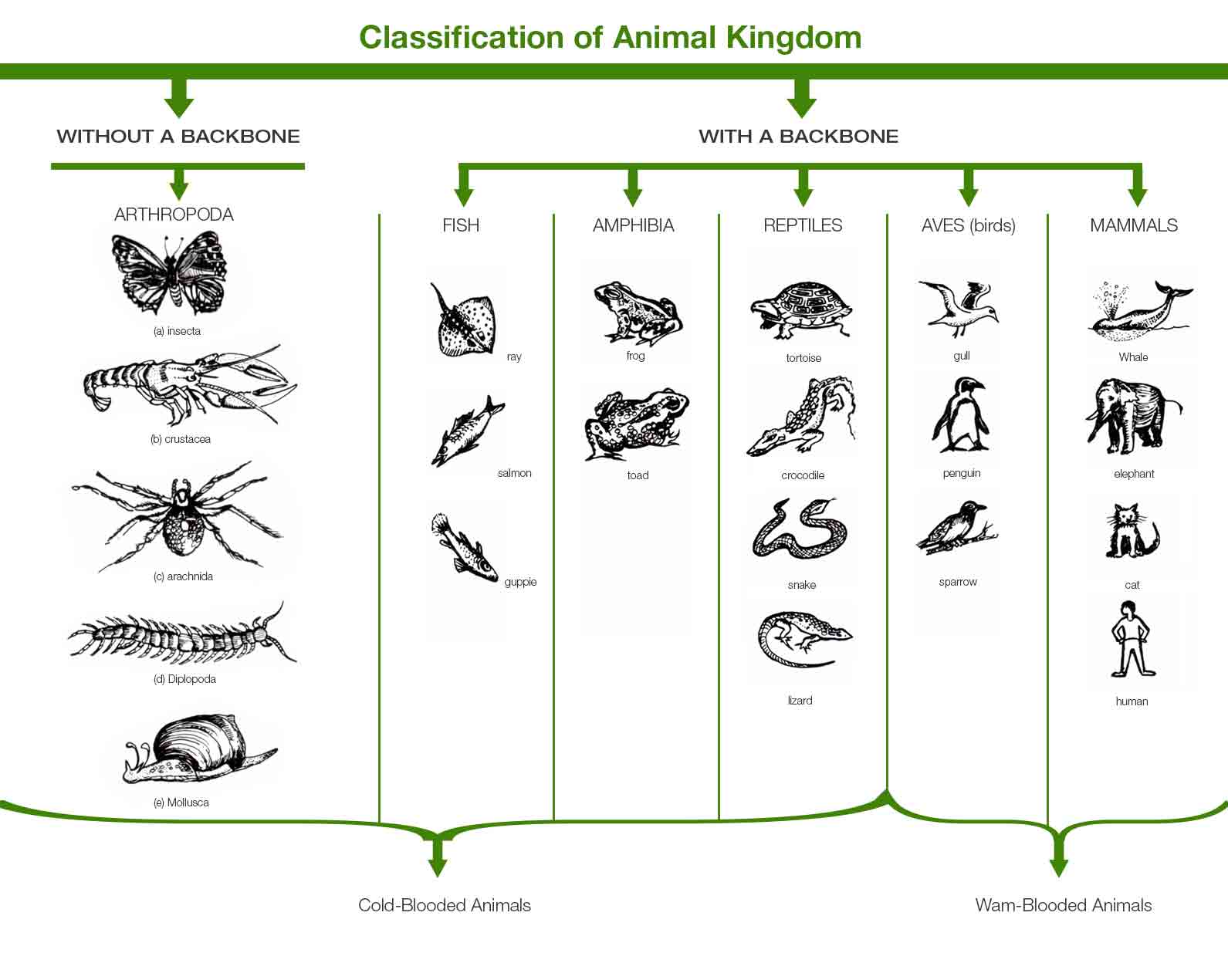
From a biological perspective, humans are animals, as we share quite a few anatomical and physiological similarities with them. We shall explore these differences between human and animals.
There are many similarities between humans and other animals that you may have noticed.
Are humans animals biology. This can be the case even in. Thus above are some of the points on what makes humans different from animals. F riday�s report by the academy of medical sciences on the increasingly fuzzy boundaries between the human and the animal is the latest in a long series of policy reflections on how to keep pace.
Dog, cat, horse, sheep, goat and cattle are among the most useful domesticated animals. Well, to those who start with an evolutionary worldview, no, we’re not that different. Differences between humans and animals are much more than language.
Their organs and organ systems are quite similar to humans, due to which we test many new drugs on them. Or at least, they don’t shed emotional tears. Animals do not as evidenced time and time again.
Man has the ability to conceptualize; Animals do not have a sense of self, but humans do. Any of a group of multicellular eukaryotic organisms that belongs to the kingdom animalia (i.e., as distinct.
Humans and animals both eat, sleep, think, and communicate. For example, science recently published an article titled “genetic determinants of self identity and social recognition in bacteria.” 1 different animals, including humans, share many of the same types of social behaviour such as affiliation and aggression, the establishment of hierarchy and territoriality. Humans can give animals their leftovers, but they usually don’t even give that a second thought.
But in terms of biology, the anatomy and physiology of humans are quite similar to animals. We shall explore these differences between human and animals. Invertebrate animals lack a backbone and often have a skeleton on the exterior of the body.
Other than the territorial animals, there are many aquatic creatures that. Like most animals, humans are a diploid and eukaryotic species. So scientifically, humans are classified as animals rather than plants.
Camels, horses and donkeys are among the most useful animals in carrying heavy loads. Camels, horses ad elephants are the most useful for transportation. We are also similar in a lot of the ways our bodies work.
Animal frontiers, volume 4, issue 3, july 2014, pages. Vertebrate species are animals that do have a backbone such as humans, birds, fish and reptiles and make up the majority of large land animals. We snivel at sad movies, well up at weddings and blink away hot tears of frustration during arguments.
Are there any differences that set humans apart, uniquely, from all other animals? Humans have a very large brain in a head that is very large for the size of the animal. Humans are considered animals—all in the same kingdom.
There are many similarities between humans and other animals that you may have noticed. However, enough differences do exist to separate us from other animals. The key aspects of human biology are those ways in which humans are substantially different from other mammals.
All humans are mammals and all mammals are animals. Among the 23 pairs of chromosomes, there are 22 pairs of autosomes and one pair of sex chromosomes. From a biological perspective, humans are animals, as we share quite a few anatomical and physiological similarities with them.
The only creatures who have evolved to do so, it turns out, are humans. Listed below are the top ten useful animals for humans. It is closely related to medicine, primate biology, and a number of other fields.
“we appear to be the only animal that sheds tears for emotional reasons,” says randolph. Evolutionists often emphasize small similarities between humans and animals and ignore the massive differences that separate us from animals in their attempt to show common descent. So is a cat, a mole or a mouse.
Search for other works by this author on: A human being is a multicellular eukaryote. Therefore all humans are animals.
If the target of your explanation was a mouse, then you would explain it having its abilities and social behaviours in terms of evolved dispositions inherited from ancestors. But we also have a lot of differences. Nathan lents, a professor of.
Each somatic cell has two sets of 23 chromosomes, each set received from one parent; Human biology is an academic field of biology which focuses on humans; Sure, humans are special in their own way.
Gametes have only one set of chromosomes, which is a mixture of the two parental sets. Our scientific classification is homo sapiens sapiens. You may as well say a mouse is special in ways other animals (including humans) are not.
What are humans and animals? This large brain has enabled a range of unique attributes including the development of complex languages and the ability to make and use a complex range of tools.
